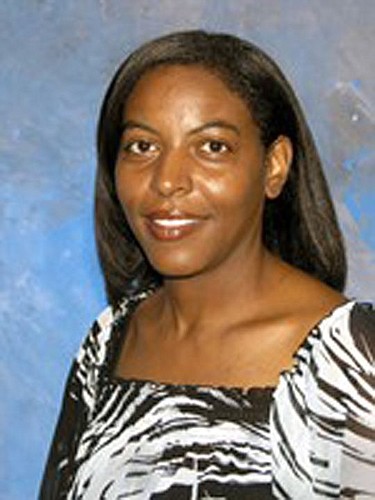
Title IX of the Education Amendments of 1972 does not demand that athletic opportunities for males and females be “equal,” only “equitable.”
Attorneys and professionals at the Jacksonville Women Lawyers Association luncheon Nov. 13 were educated about the history and impact of Title IX on youth, high school and collegiate athletics.
The guest speaker was Dee Kennedy, a Georgia-licensed attorney and associate athletic director for academic support at the University of North Florida.
She explained that although Title IX never specifically mentions athletics — it only prohibits discrimination on the basis of sex in federally assisted education programs or activities — it has had an important impact on sports.
Attendees learned Title IX has increased opportunities in athletic participation and availability of scholarships for female student-athletes “across the board,” but there are still some obstacles to overcome.
For instance, scholarships for female student-athletes have increased dramatically since 1972, but, according to the Women’s Sports Foundation, female college athletes still receive $183 million less in NCAA athletic scholarships than their male counterparts.
UNF dual-sport athlete Raneisha Lamar spoke about her personal perspective, noting there is still a disparity in attendance at games, even when the female team is outperforming the male team. Other obstacles on the road to true gender equity in athletics include lack of equality in the media and reduced opportunities for female coaches.
Attorneys earned one hour of Continuing Legal Education (CLE) for attending the luncheon.
JWLA is sponsoring a blanket and girls sports bra drive for the Downtown Ecumenical Services Council and the Sulzbacher Center.
Attendees are encouraged to bring these items to the Jan. 15 luncheon.
To learn more about JWLA or RSVP for upcoming events, visit JWLA.org.